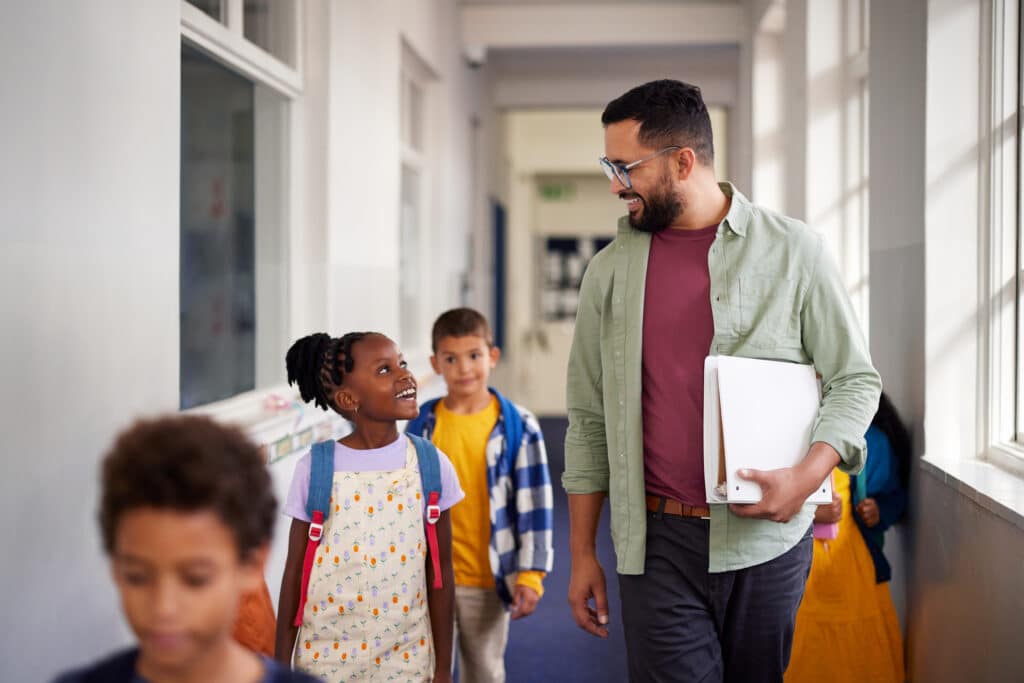By: Wendy Teo, Secondary Schools Lead Counselor & Dee Siphambili, Elementary Schools Lead Counselor, Gainesville City School District
Summer is a magical time for students. Everything they’ve worked for during the school year has led to this point…two glorious months of not worrying about projects, tests, and homework. But, every season leads to another, and while the long days and warmth of summer may stick around for a couple more months, the fall and, therefore, the start of school, is swiftly approaching. For many students (and their parents!), this is a welcome return to routines, friends, and extracurricular activities that help them feel fulfilled and invested. However, it can also signal a return to additional life stressors. Helping students prepare for those sometimes anxiety-inducing environments can alleviate back-to-school jitters and start the academic year on the right foot.
Practice Makes Perfect
To help kids with the transition back to school, it’s great to practice healthy habits that promote success during the academic year. Making sure kids get quality sleep, and enough of it, is super important, not just for academic success but for emotional regulation and mental health. Work on setting an appropriate bedtime each night, especially in the week or so before school starts, and limit screens prior to bedtime. Doing this allows kids’ minds to have a chance to settle down from the day before falling asleep. Sleep is one of the major indicators of disruption to a student’s success, and lack of sleep could play a role in heightened anxiety. Getting plenty of rest before school starts and setting up habits that promote good sleep throughout the school year will help kids regulate anxiety when stressful situations come their way.
Establishing the school-day routine will also help kids feel better about the start of school. Practice the drive to school, even taking students through the carpool line (if they are driven by car) or through the bus lane (if they arrive by bus) and reminding them where they will be dropped off and picked up. Doing this even before open house will allow students to feel more comfortable with each step in the process of moving through their school day. Before school starts, ask your student to visualize and take you through their school day, getting instruction from them on where they go once they get out of the car or off the bus, and each step thereafter. Visualization exercises can help them feel comfortable again with the school day’s routine and give you an opportunity to talk through any areas where they feel uncertain or anxious.
Remind Them of Their “Why”
Sometimes understanding why we go to school and learn is an important reminder to students. Make the discussion based in the present, and not necessarily about a future, far-off goal. Remind them that they are smart and capable and that going to school is about making progress and making mistakes and learning from both. School isn’t always enjoyable for everyone all the time, but having them remember a couple of times they felt proud of something they did at school in the previous school year can remind them that they are capable. Consider asking them questions such as: How did that moment make them feel? What did they learn?
All things are more difficult right at the beginning: a new job, trying a new recipe, starting a new exercise routine. This is a great time to remind students that even you have moments where you are uncomfortable and anxious and that transitions can be rough and take time. If you serve as a support resource to a student, you help those situations be less intimidating by being willing to listen and act as a safe space for them. Keep reminding them and yourself that they can do hard things. They’ve got this! And, so do you.


